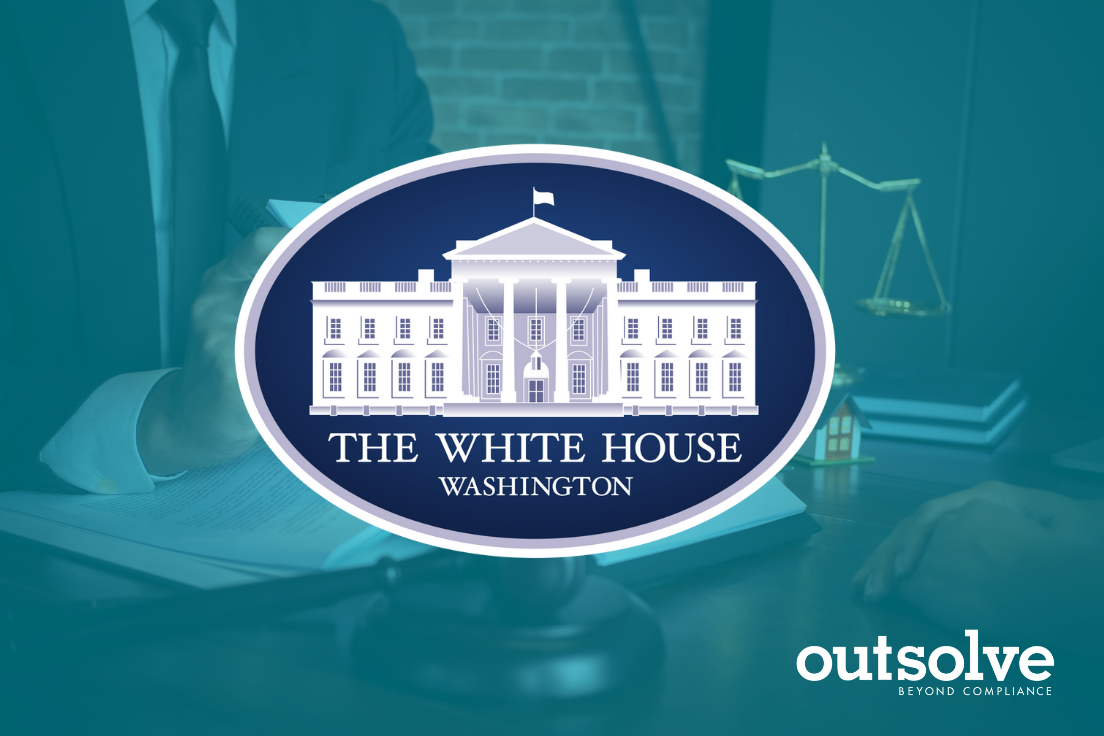1 min read
Ending Forced Arbitration of Sexual Assault and Sexual Harassment Act
![]() OutSolve
:
Mar 4, 2022 11:27:16 AM
OutSolve
:
Mar 4, 2022 11:27:16 AM

The White House supports this broad-reaching bill that renders any pre-dispute agreement unenforceable with respect to any sexual misconduct claims
On February 10, 2022, the Senate passed S. 2342, the Ending Forced Arbitration of Sexual Assault and Sexual Harassment Act of 2021. On February 7, 2022, the House of Representatives passed the bill, H.R. 4445, by a vote of 335 to 97 and it is expected to be signed into law by President Biden soon.
Even though many states have passed similar legislation prohibiting mandatory arbitration provisions of sexual misconduct claims, they were subject to preemption under the Federal Arbitration Act (FAA) which provides that arbitration agreements “shall be valid, irrevocable, and enforceable” unless they are the product of fraud. The federal act is not subject to any such preemption defense.
The bill renders any pre-dispute arbitration or employment agreement unenforceable with respect to sexual assault and/or sexual harassment claims that require employees to arbitrate disputes involving nonconsensual and/or unwanted sexual acts or contact, advances, physical contact that is sexual in nature, sexual attention, sexual comments and propositions for sexual activity, conditioning employment benefits on sexual activity, or retaliation for rejecting unwanted sexual attention.
The bill has broad reach and will cover such conduct regardless of whether the claims arise under federal, state, local or tribal law. It will also explicitly require courts, rather than arbitrators, to determine the applicability of the bill to a given arbitration or employment agreement and the validity and enforceability of any agreement to which the bill applies.
The bill does not forbid arbitration on other claims between employers and employees; however, they will need the employee’s consent to arbitrate a claim of sexual misconduct. Under the Act, the decision whether to arbitrate a sexual misconduct claim or to litigate it in court rests entirely with the employee.
Founded in 1998, OutSolve has evolved into a premier compliance-driven HR advisory firm, leveraging deep expertise to simplify complex regulatory landscapes for businesses of all sizes. With a comprehensive suite of solutions encompassing HR compliance, workforce analytics, and risk mitigation consulting, OutSolve empowers organizations to navigate the intricate world of employment regulations with confidence.
Weekly OutLook
Featured Posts

5 Key Compliance Items HR Can’t Afford to Ignore

HR Compliance Checklist: What Every HR Pro Needs to Know
Related Posts

What You Need to Know About the Rhode Island Pay Transparency Law
Pay transparency continues to gain traction at the state level, and Rhode Island is no exception. Let’s dive into the details of how this law works...

Legal Series: How to Balance Transparency with Confidentiality in Executive Compensation
This article is part of an ongoing legal series designed to provide insight and practical guidance on current and emerging workplace compliance...

Federal Contractor Data from 2016-2020 EEO-1 Consolidated Reports to Be Posted on OFCCP’s Website
After several years of litigation, the Office of Federal Contract Compliance Programs (OFCCP) will be posting federal contractor EEO-1 race/ethnicity...
